
ITALIANS IN KENYA
07-07-2021 by Freddie del Curatolo
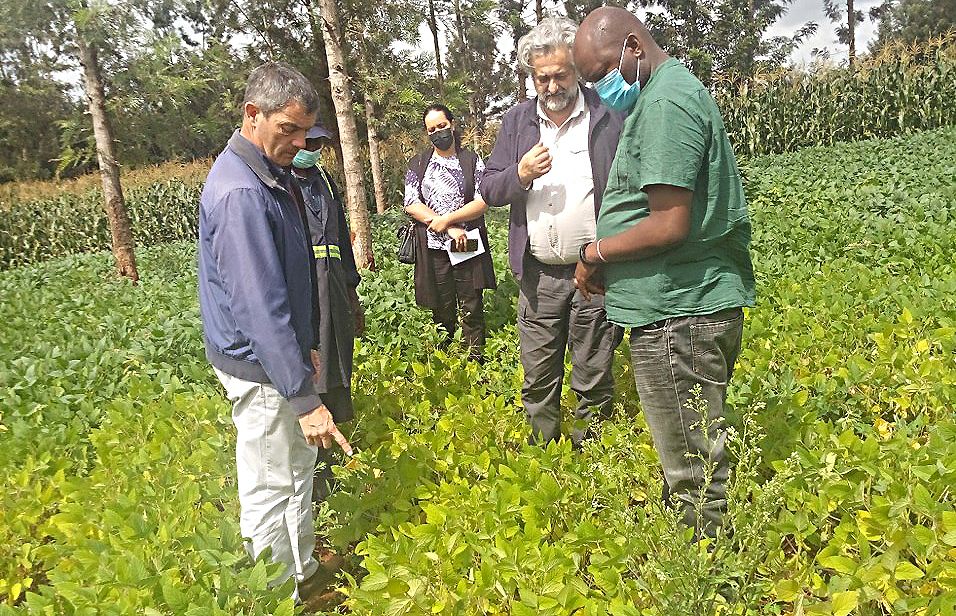
A digital platform with an Italian soul to help Kenyan farmers grow and earn more, improving the quality of their products and protecting the environment.
It seems like utopia in times of globalisation, GMOs and mass production, when "green" and sustainability are often seen as enemies of the wallet.
In Kenya, two Italian agronomists, Alessio Colussi from Friuli, born in 1961, and Luca Alinovi from Emilia, three years younger, both graduated from the University of Florence's School of Tropical Agriculture. And already more than 10,000 Kenyan farmers have placed their trust in them.
Alinovi has been with the FAO for 15 years, where he has held important strategic roles, while Colussi, who joined the UN Food and Agriculture Organisation later, has gained experience "in the field" in various countries including Kenya and Somalia with the non-profit organisation CEFA and with the leading Italian coffee company Illy.
Malindikenya.net met them and asked them to tell us how this adventure came about.
"In 2017 we were together in FAO in Nairobi," says Alinovi, "but we were not satisfied with the methodology of our work. As we got to know more and more about the situation of Kenyan farmers, we became convinced that what they needed above all was not training, but an injection of wellbeing that came from the appropriate use of their resources and the optimisation of their work. Our philosophy is that first you have to raise their economic status, then you can improve their skills. And that is exactly the opposite of what the big cooperation and development organisations do".
So the two Italian agronomists created 'Farmshine', an agricultural platform that allows transparent and traceable management of supply chains, facilitating and simplifying direct trade between farmers and end buyers and improving the quality-price ratio of their products.
"We realised that one of the main problems of the farmers in Kenya, who are real heroes," explains Colussi, "is the small amount of money they earn, mainly due to the number of intermediaries that involve costs and earnings for every single step along the supply chain.
By shortening and optimising the supply chain, Farmshine allows the myriad of small hidden costs generated by the inefficiency and informality that characterises current supply chain systems to be transformed into profits for small producers.
Our job is to help them organise their own management so that they can easily sell their product without having to rely on third parties. The aim is to make small and medium-sized farmers central players in responsible and well-compensated production that at the same time also benefits buyers and service providers.
In practice, Farmshine functions as a solidarity programme, but it is a private machine that stops being a 'project' and changes the nature of commerce.
"In order to put this into practice, create transparency and at the same time serve the interests of farmers and traders,' explain the two Italian entrepreneurs, 'we have created a unique APP for the entire African continent. Developed on the android platform, it allows farmers to register and the information needed for its use. All field operations and activities are recorded, managed and planned: from the purchase of the seed to personnel management, warehousing and inventories, from the contractual part relating to the farmer to the quality of the products, and finally the sale to the possible buyer with the relevant logistics".
The platform created by the two Italian scientists also takes a practical look at environmental protection, through a direct confrontation with farmers that aims to drastically reduce pesticides and invasive methods to obtain larger quantities of crops, promoting techniques that combat climate change.
"Our training courses are very short," says Alinovi, "sometimes just a few hours are enough to make people understand that better quality does not necessarily mean less quantity or higher costs. Optimisation, especially in developing countries, comes in other ways. We are delighted when our farmers, having learned our philosophy and techniques, spread them within their communities, even outside our programme, to help build a better world.
The 'Farmshine Method' already has a strong presence in four counties of the country, working with local institutions and has targeted the coast as well.
"Kilifi County, like Lamu County, where we are already present in Mpeketoni, has great potential,' Colussi admits. 'Here we saw good prospects for sesame cultivation, for example, as it has low production costs, is in great demand and is sold very well all over the world.
Farmshine buys from its farmers at competitive prices and has a resale network that includes some of the most important companies exporting agricultural products. Thanks to the idea of the two socially trained entrepreneurs, resources from Kenya will increasingly be synonymous with quality, environmental protection and respect for labour.
And Alinovi and Colussi's dream-objective is that their invention will cross the borders of the first African country where it has been put into practice.
"We started from Kenya but we would like this app to become a global tool to allow all small producers in the world to interface with the market with the same strength as all the other players in the supply chain,' explain the two. 'The problems of small producers in Kenya are actually common to all small producers in the world; it is shameful that today those who produce the food we all consume have the least benefits.
ECONOMICS
by Freddie del Curatolo
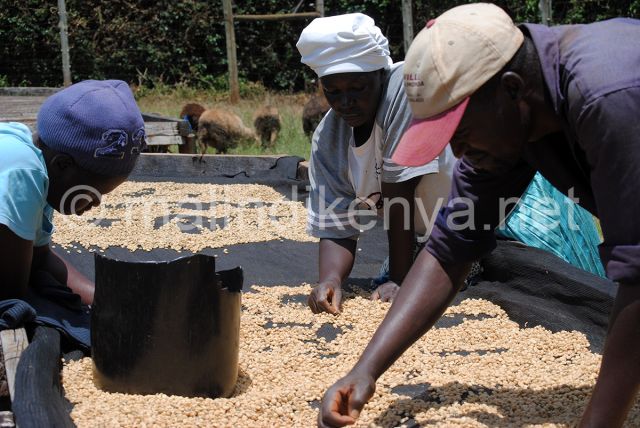
From now on, it will be possible from Kenya to export products to 27 European Union countries duty-free, to...
NEWS
by redazione

Kenya will be one of the protagonists of the 39th edition of Macfrut, the global exhibition dedicated to...
COOPERATION
by Freddie del Curatolo

Concrete help to the populations of one of the most troubled areas of Kenya, West Pokot, thanks...
NEWS
by redazione

A new endless swarm of desert locusts threaten Kenya, but this time they have gone as ...
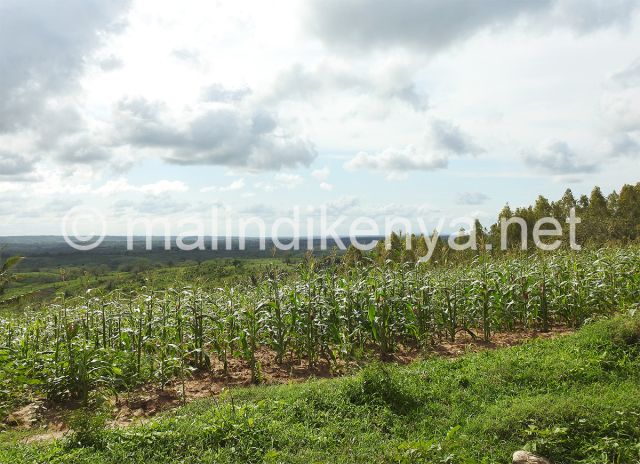
Low rainfall during Kenya's cold season means a shortage of maize meal, the main staple...
NEWS
by Leni Frau
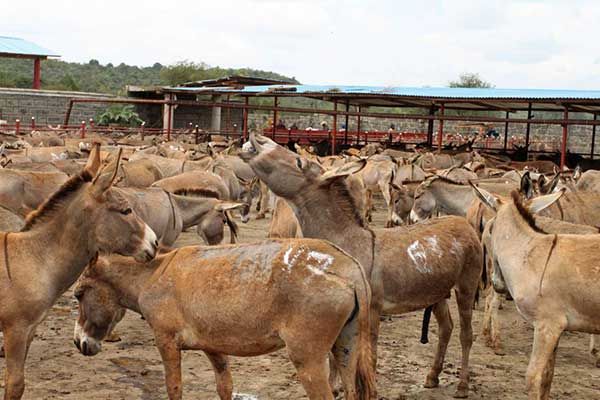
Finally Kenya has said stop the indiscriminate slaughter of donkeys, ordering the closure of all slaughterhouses in...
EVENTS
by redazione

The season of the Driftwood of Malindi comes to life, a historic and fascinating club founded by...
by redazione

Like every first weekend of the month, the appointment at Driftwood in Malindi, the historic...
CONSERVANCY
by Leni Frau

They call it 'Tarzan's Paradise'.
The azure...
NEWS
by redazione
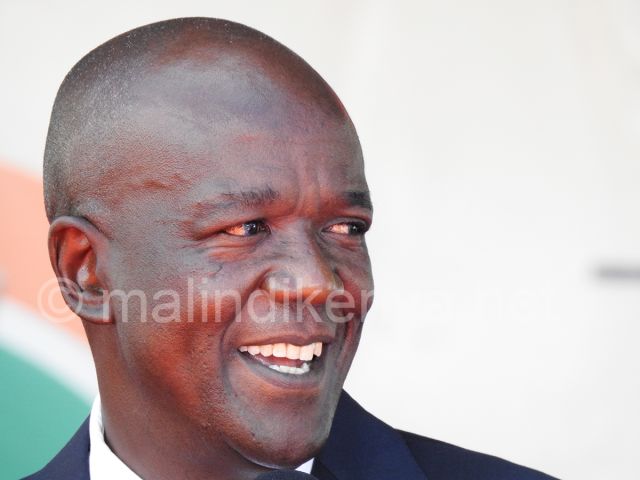
Agriculture and food security, education and health, with a focus on education...
NEWS
by redazione
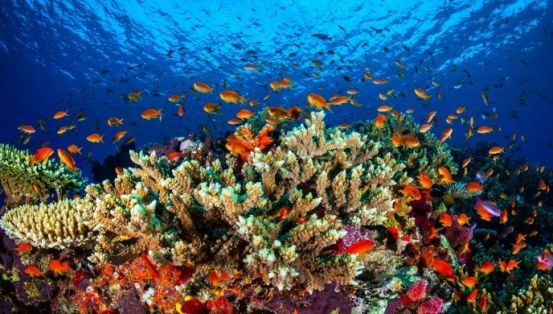
A series of new rules with heavy fines have been approved by the Ministry of Agriculture and Fisheries of...
NEWS
by redazione
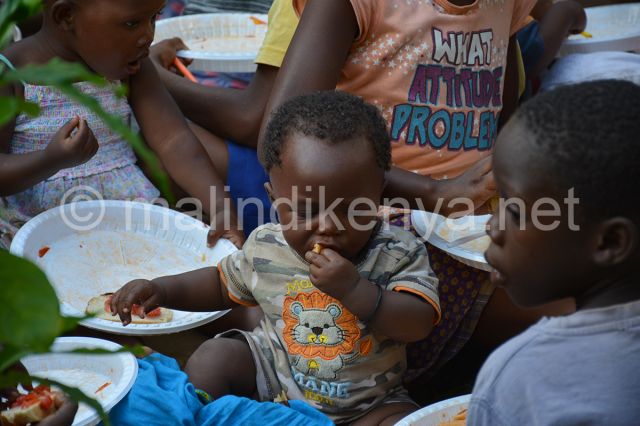
The United Nations World Food Programme has outlined the very serious situation in Kenya, which is...
NEWS
by redazione

More than the economy of the country was the drought and the long time for the harvest of maize.
The fact is...
EDITORIAL
by Freddie del Curatolo
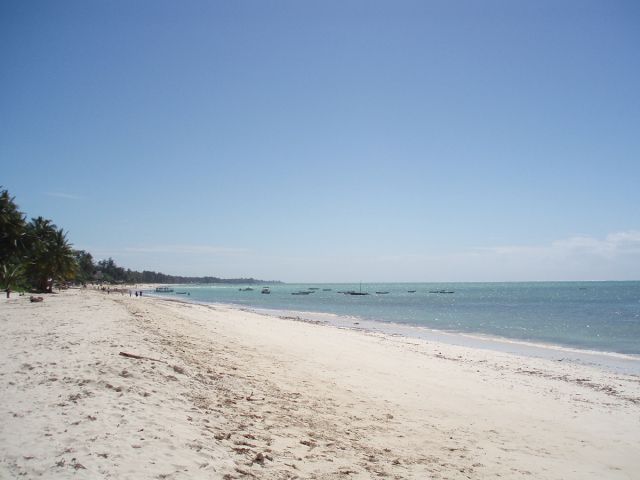
It may not please the farmers, but there are also a lot of poor people in the Galana River valley who...